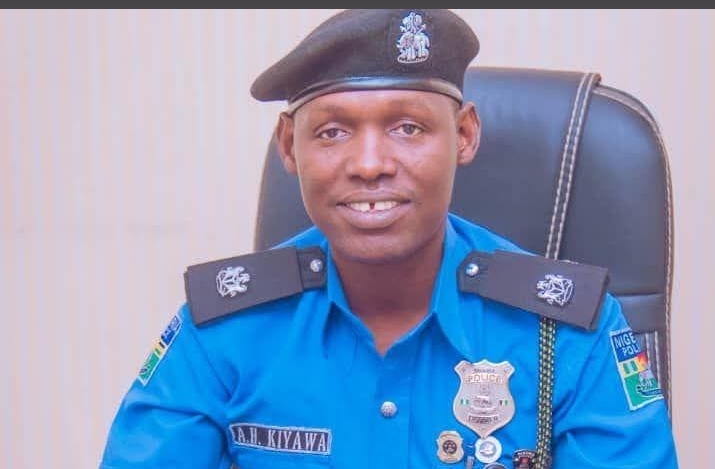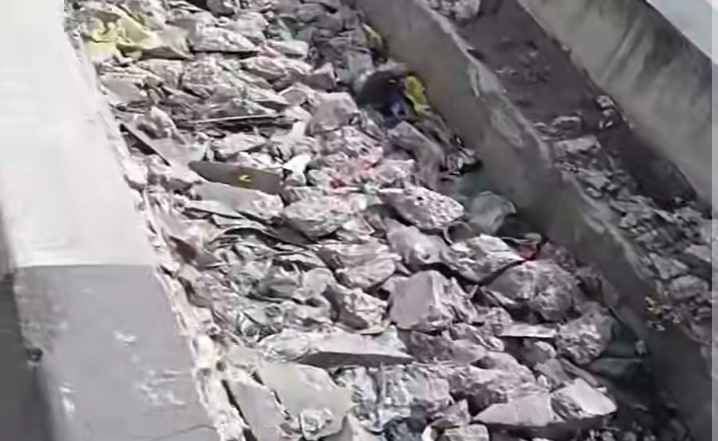The Inter-Governmental Action Group against Money Laundering in West Africa (GIABA) has called for enhanced collaboration among Civil Society Organisations (CSOs), policymakers, and development partners to intensify the fight against money laundering and terrorist financing in the region.
Speaking at the opening of the Regional Sensitisation Seminar for CSOs on Anti-Money Laundering and Counter-Financing of Terrorism (AML/CFT) requirements in Lagos, GIABA Director-General Mr Edwin W. Harris highlighted the crucial role of civil society in promoting anti-corruption reforms and shaping public policy.
“We need the commitment of national authorities, the political will, the support of development partners, and CSOs in our member states,” Harris said.
He revealed that GIABA plans to disburse $300,000 in 2025 to 12 CSOs across West Africa to support advocacy efforts focused on asset recovery and the prevention of financial crime. This initiative forms part of GIABA’s broader strategy to create a resilient network of stakeholders capable of countering illicit financial flows.
Now in its 13th year, the seminar aims to deepen the understanding of CSOs regarding the threats posed by money laundering and terrorist financing to democracy, regional stability, and economic development.
“This is a call to action,” Harris declared. “We must work harder to build a peaceful and economically viable West Africa.”
Harris reiterated GIABA’s commitment to capacity-building and strategic partnerships, emphasising that civil society provides a “dynamic platform” for the effective implementation of AML/CFT measures.
“Civil society is the backbone of advocacy and change,” he affirmed. “They play a vital role in shaping policy and driving reform. This engagement strengthens democratic values, builds informed communities, and reinforces a regional vision anchored in integrity and resilience,” he concluded.






